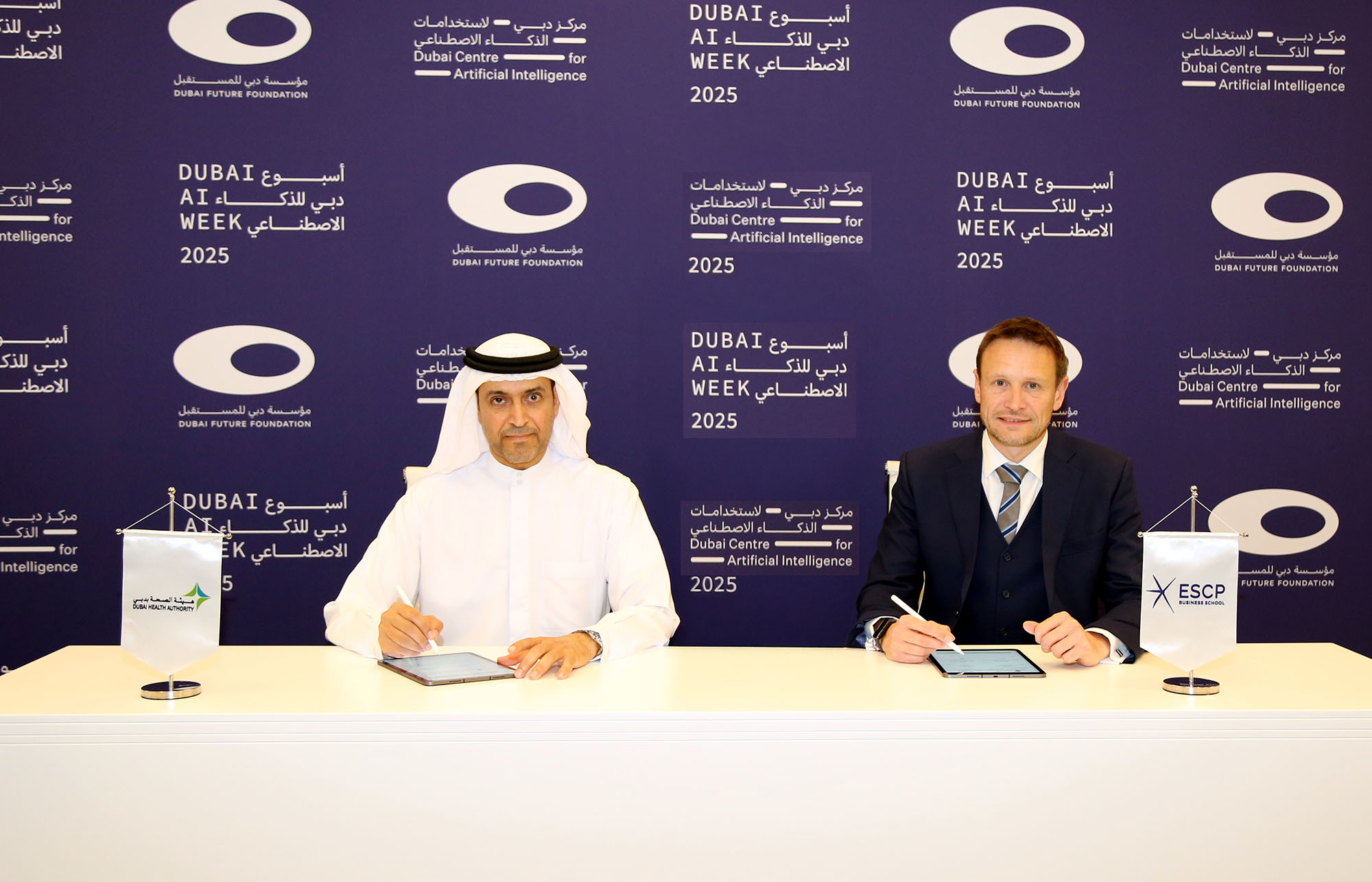
Lifescience Laboratory workflows, products and services are complex and can be difficult to manage due to long and stringent processes and requirements. In a Deloitte survey of risk and compliance management professionals in India, 61% of respondents felt that there was a lack of efficient internal controls and compliance. This in turn can result in an erosion of customer, regulatory and shareholder confidence.
The ability to consistently meet applicable requirements and withstand regulatory scrutiny is dependent upon both effective quality management systems and subject matter expertise. Quality management programs assure compliant products and services, with accurate and documented results, are delivered consistently to every customer, every day. These programs build customer trust and support corporate vitality and are of critical importance especially in industries such as life sciences that face evolving complexities, customer requirements and regulatory standards. Quality programs enable scientists to more efficiently and effectively create scientific advancements, using a wide range of laboratory chemicals, consumables, and precision equipment, helping catalyze innovation to build a better world.
With the changing compliance dynamics in the life sciences sector, companies that offer laboratory products and services are expected to have proactive risk identification and reduction programs that are in line with the directives of the regulatory authorities in their target markets. This includes building effective design protocols like compliance testing of APIs (Active Pharmaceutical Ingredients), certified analytical processes provided by the manufacturer throughout the supply chain, and using high-quality materials and equipment. For instance, Avantor’s new Manufacturing and Distribution Hub in Singapore comprises an ISO 9001 certified and cGMP facilities, and follows quality standards. These foundations of quality were paramount to the original design of the site, as they are with all Avantor’s cGMP facilities across the globe.
Against this backdrop, how can providers of research, development and production products and services enable customer innovation, effectiveness, and efficiency? Consider these four ideas:
Providing a certified and cGMP facilities and capabilities for regulated and non-regulated products and services is an essential part of enhancing laboratory standards. Likewise at Avantor a range of high-quality absorbents, labelling systems, and safety products and workwear are integral to maintaining quality.
High-quality chemicals, consumables, as well as equipment and instrumentation should be used for an testing purposes. Validating the accuracy of the experiment is always imperative and Avantor focuses on a array of testing around novel life-saving drugs, vaccines, or diseases. The laboratory research equipment and consumables are to be designed to reduce process variability, increase the repeatability and reproducibility of results, and automate processes for increased testing efficiency.
Production process readiness is a crucial factor in successfully speeding innovation within a growingly demanding scientific landscape. There is no room for error in the quality, efficacy, and purity of the products and inventory must be managed efficiently. Though companies are able to drive growth and manage costs, they can suffer losses if there is no assessment of current capabilities coupled with a plan for future risks. Incorporating an effective inventory software allows the companies to have a 360-degree idea of their inventory, examine material wastage and track inventory levels through dedicated and customized modules.
For instance, Avantor builds agile solutions and captures a precise view of users current situation to deliver superior results is through Value Stream Mapping (VSM), an element of the Avantor Business System (ABS) model. When focusing on improvements in the raw material sample testing approval process in our own quality labs and internal workflows, VSM assisted our quality teams in visualizing the entire process and identifying opportunities for improvements in product availability by accelerating product release. Applying the concepts of cell design, the teams eliminated multiple bottlenecks and created a test method-based process flow bench to reduce sample approval lead time by more than 95%.
We must also consider the impact on the planet and embed sustainability at every step of the process. In addition to ensuring responsible production processes, innovative practices, such as inventory optimization solutions can be implemented to prevent wasteful purchasing processes in laboratories. Other initiatives could focus on reducing greenhouse gas emissions through more efficient equipment or reducing lab waste. We are eventually working towards reducing our own operational Scope 1 and 2 Greenhouse gas emissions by 9.6% as of 2021, compared to a 2019 baseline.
Conclusion
Today, the purview of quality goes beyond the consistent yield of superior products. Adopting customizable, flexible solutions that manage and optimize end-to-end laboratory operations will protect lab employees by providing them with a safe working environment and bolster customer relationships.
Quality assurance, quality control, and proactive risk management practices throughout the supply chain ensures that the final products meet customer needs in a compliant manner. The right partner can offer a range and scale of quality services that is customized to your business needs, thereby streamlining workflows, while assuring quality, to enable innovation in an efficient and effective manner.
Author:
Christophe Couturier, Executive Vice President, AMEA, Avantor
Sook Yee Loh, Lab Business Unit Lead, Asia Pacific, Avantor




